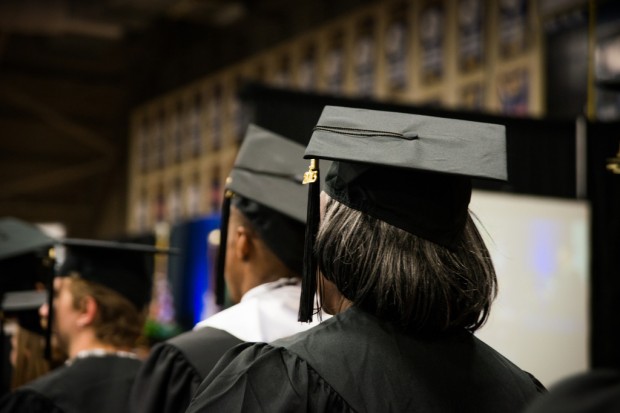Students Of Color Underrepresented In Indiana’s Gifted And Talented Programs

According to data from the U.S. Department of Education, even though non-white students make up close to 30 percent of enrollment in all Indiana public schools, only 19 percent of that demographic is enrolled in gifted education. (A&M/Flickr)
It’s no secret. Across the nation, non-white students are underrepresented in accelerated learning programs. Indiana is no exception.
According to data from the U.S. Department of Education, even though non-white students make up close to 30 percent of enrollment in all Indiana public schools, only 19 percent of that demographic is enrolled in gifted education.
In addition, data show two more inequalities.
First, schools with majority students of color are less likely to provide accelerated classes.
Second, schools that offer accelerated learning programs are likely to be whiter than your typical Indiana school – with an average of 25 percent students of color.
DGilman Whiting, a Vanderbilt University African-American studies professor who spoke at a recent Purdue symposium on gifted education, says more still needs to be done to reassure students of color that they belong in gifted classes.
“Once we get them in here, do we have the adults, do we have the facilities, do we have the training, do we have the care and concern to help them feel that it’s their alma mater as well?” Whiting says.
State education officials say that local districts determine their own criteria for students and teachers in accelerated learning programs.
“Decisions regarding program offerings and enrollment are made at the local level,” Samantha Hart, Indiana Department of Education woman, said in an email.
Whiting says, for one, that means hiring more non-white teachers and educating all teachers to be more attuned to issues of class, race and culture.
“In city schools, that population can be up to 70-80 percent black or Hispanic,” Whiting says. “And you are more likely a white female coming from a very homogenous setting. You are ill-prepared to work for the population you’re in front of.”
That can pose a problem for gifted education. A recent study from researchers at Indiana University finds black teachers are three times more likely than white teachers to identify black children as gifted.
Vanderbilt’s Whiting says, at many schools, future teachers can travel all the way up the higher ed ladder and graduate with a PhD without ever taking a class on multicultural education – classes he calls “education about difference.”
Whiting says educating future teachers, recruiting more teachers of color and focusing on the inclusion, retention and self-confidence of non-white students can help narrow persistent achievement gaps.